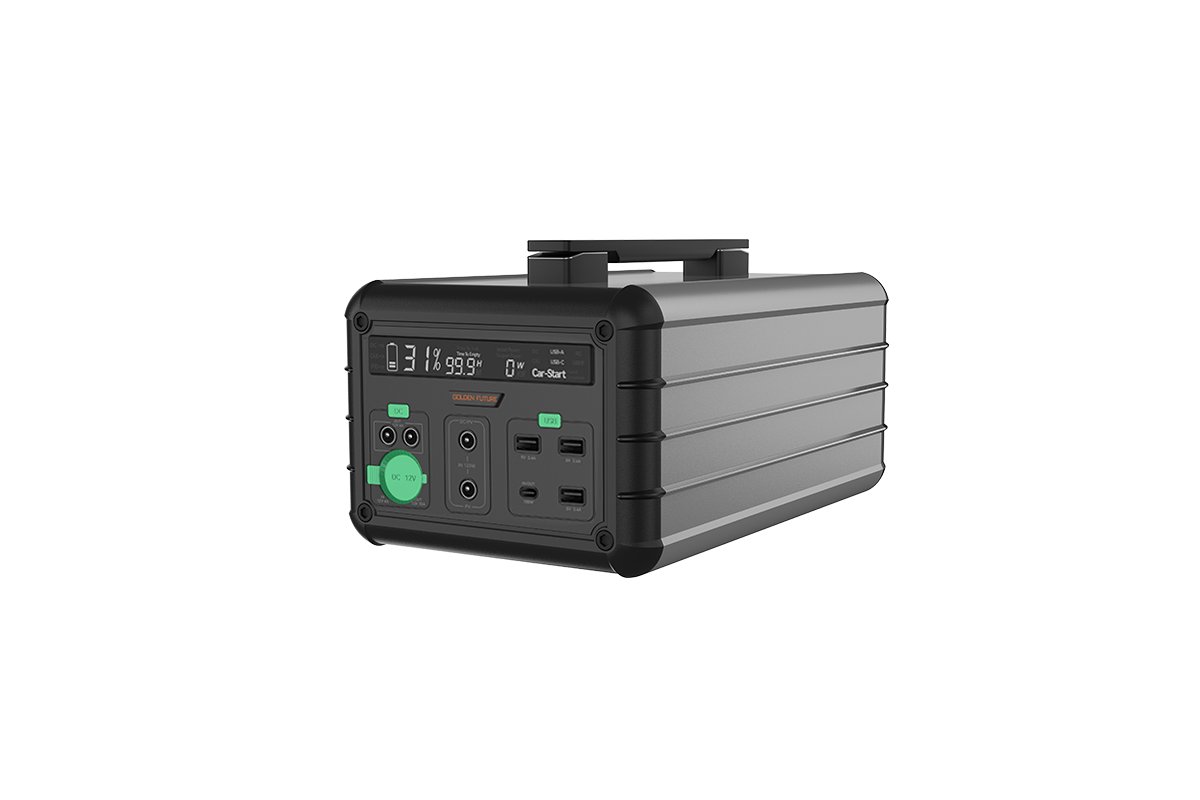

Time:2024-11-28 Views:1

Polymer lithium batteries and traditional lithium batteries have several distinctions. Firstly, in terms of electrolyte, lithium batteries usually employ a liquid electrolyte, while polymer lithium batteries use a polymer electrolyte which can be in a gel or solid form. The polymer electrolyte in polymer lithium batteries gives them enhanced flexibility in shape. They can be fabricated into various geometries, such as thin and curved designs, which is highly advantageous for modern compact and wearable electronic devices. In contrast, traditional lithium batteries with liquid electrolytes are more restricted in shape and are typically in a more rigid cylindrical or prismatic form.
The safety characteristics also vary. Polymer lithium batteries generally have better safety performance. The solid or gel polymer electrolyte is less likely to leak compared to the liquid electrolyte in lithium batteries. Leakage of liquid electrolyte can lead to short circuits and potential safety hazards. Moreover, polymer lithium batteries are less prone to thermal runaway under normal circumstances. However, in terms of energy density, some high-performance traditional lithium batteries with liquid electrolytes might have a slightly higher energy density than certain polymer lithium batteries. This means that for applications where maximum energy storage in a limited space is crucial, such as in some high-end electric vehicles, traditional lithium batteries could be a preferred choice. The manufacturing process of polymer lithium batteries is more complex and often more costly due to the specialized nature of the polymer electrolyte and the need for more precise manufacturing techniques. the choice between polymer lithium batteries and traditional lithium batteries depends on a balance of factors including the desired form factor, safety requirements, energy density needs, and cost considerations for a particular application.
Read recommendations:
lifepo4 portable power station company